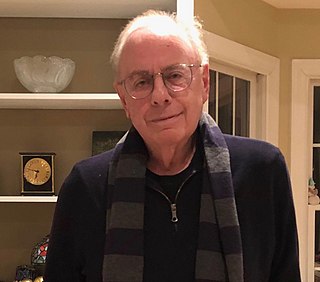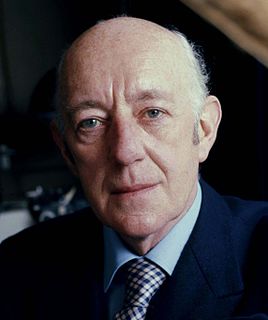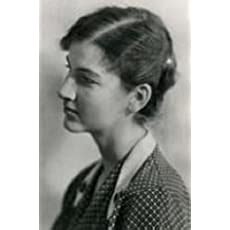A Quote by George Herbert
Old men go to Death, Death comes to Young men.
Related Quotes
Death is too much for men to bear, whereas women, who are practiced in bearing the deaths of men before their own and who are alsopracticed in bearing life, take death almost in stride. They go to meet death--that is, they attempt suicide--twice as often as men, though men are more "successful" because they use surer weapons, like guns.
Everyone wants to be foremost in this future-and yet death and the stillness of death are the only things certain and common to all in this future! How strange that this sole thing that is certain and common to all, exercises almost no influence on men, and that they are the furthest from regarding themselves as the brotherhood of death! It makes me happy to see that men do not want to think at all of the idea of death!
Nothing retains its form; new shapes from old. Nature, the great inventor, ceaselessly contrives. In all creation, be assured, there is no death - no death, but only change and innovation; what we men call birth is but a different new beginning; death is but to cease to be the same. Perhaps this may have moved to that, and that to this, yet still the sum of things remains the same.
We should think more about it, and accustom ourselves to the thought of death. We can't allow the fear of death to creep up on us unexpectedly. We have to make the fear familiar, and one way is to write about it. I don't think writing and thinking about death is characteristic only of old men. I think that if people began thinking about death sooner, they'd make fewer foolish mistakes.
I found that the best way to go about [ Black men ] is to produce better men. And I think if we get them at a younger age, and start teaching these young brothers the principles of manhood: That real men go to work everyday; Real men honor God; Real men respect and adore women - that's what real men do.
There is another side to death. Whether death happens through an act of violence to a large number of people or to an individual, whether death comes prematurely through illness or accident, or whether death comes through old age, death is always an opening. So a great opportunity comes whenever we face death.
We are dying of preconceptions, outworn rules, decaying flags, venomous religions, and sentimentalities. We need a new world. We've wrenched up all the old roots. The old men have no roots. They don't know it. They just go on talking and flailing away and falling down on the young with their tons of dead weight and their power. For the power is still there, in their life-in-death. But the roots are dead, and the land is poisoned for miles around them.





































